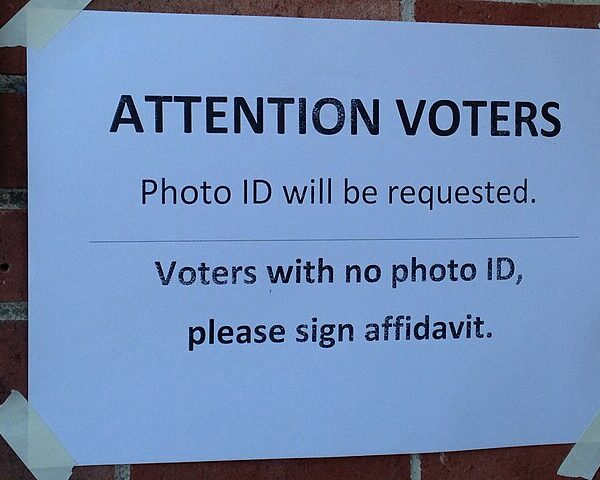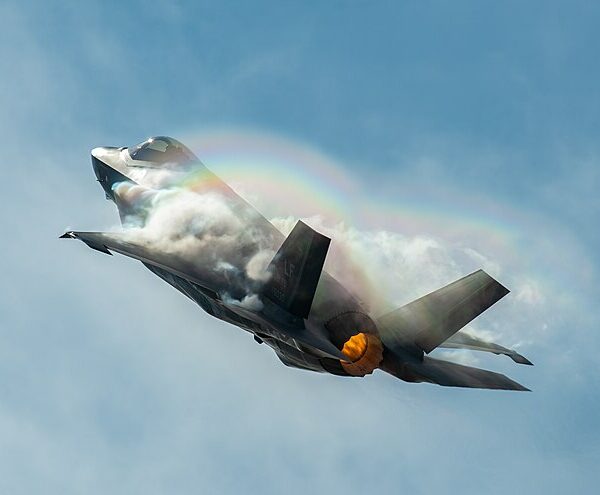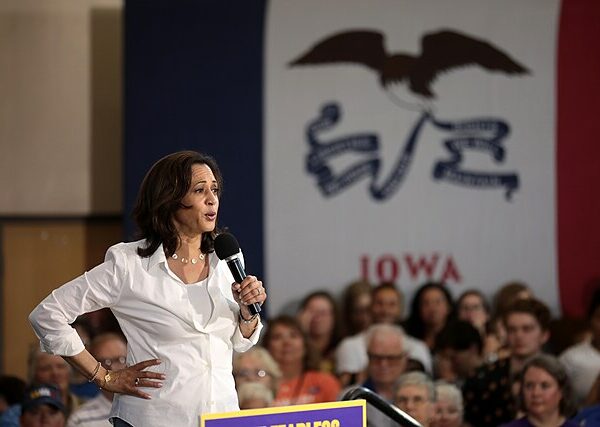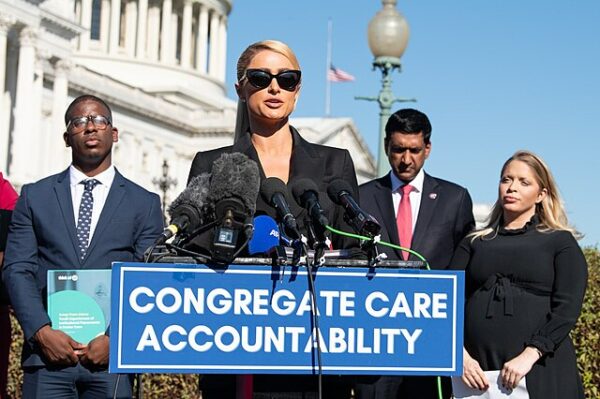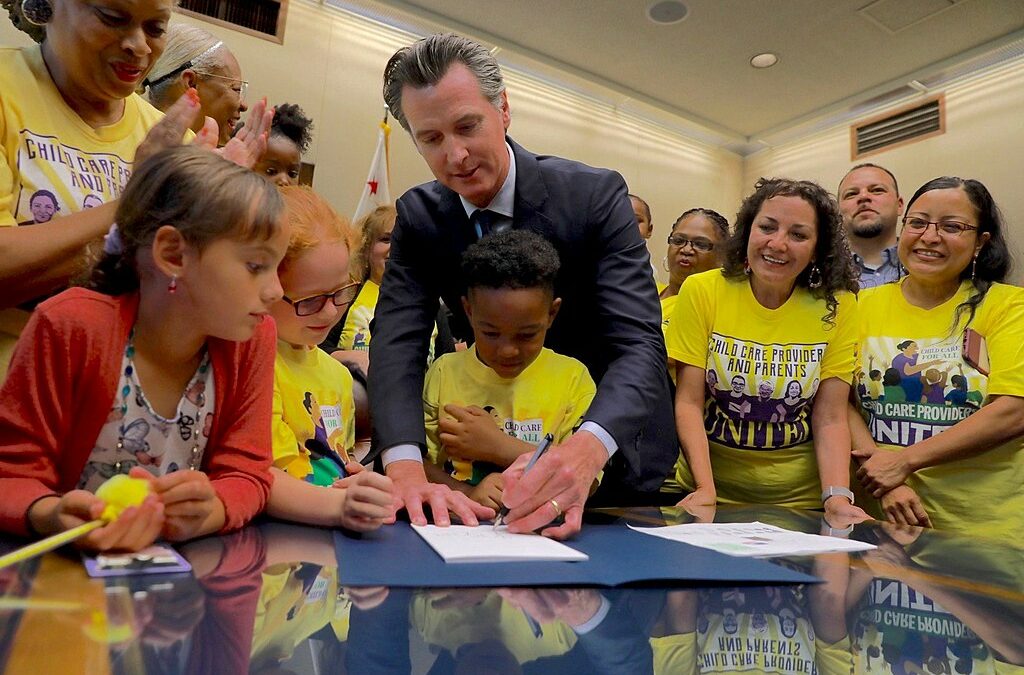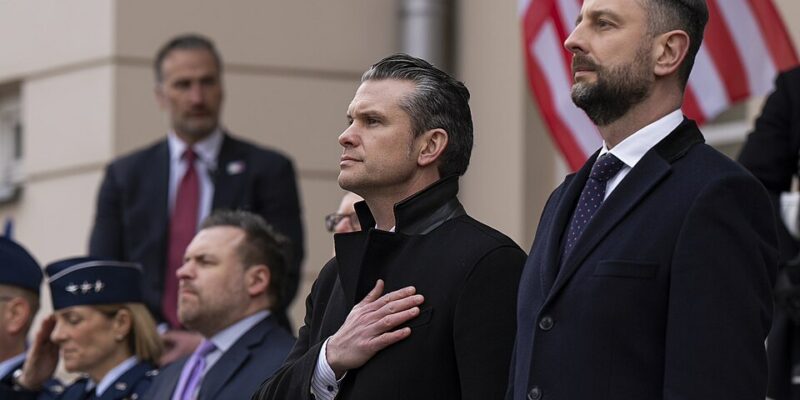
President Donald Trump’s campaign against drug cartels has entered a new and potentially volatile phase, with recent military strikes in the Caribbean prompting speculation that U.S. operations could soon extend into Venezuela.
The administration has intensified its efforts since September, carrying out four lethal operations against suspected trafficking vessels. On September 30, the White House formally notified Congress of U.S. involvement in a “non-international armed conflict” with drug traffickers.
Secretary of War Pete Hegseth announced a new Joint Task Force under U.S. Southern Command aimed at counter-narcotics operations. “The message is clear: if you traffic drugs toward our shores, we will stop you cold,” Hegseth wrote on Twitter.
“This is a sign that President Trump is taking the US war on drugs in Latin America to the next level,” Geoff Ramsey, a senior fellow at the Atlantic Council, told Fox News. “By involving the military, the president is going after drug cartels in a way that no previous US administration has dared to so far. I think it is likely that we will see the Pentagon evaluate targets inside Venezuela.”
At the President’s direction, the Department of War is establishing a new counter-narcotics Joint Task Force in the @SOUTHCOM area of responsibility to crush the cartels, stop the poison, and keep America safe. The message is clear: if you traffic drugs toward our shores, we will…
— Secretary of War Pete Hegseth (@SecWar) October 10, 2025
Trump confirmed Friday on Truth Social that he had ordered a lethal strike against a boat linked to a terrorist organization operating within the Southern Command region. Ramsey predicted that future operations might “intercept more maritime shipments or aircraft departing from hidden airstrips along the Venezuela-Colombia border.”
“It’s a bad time to be posted in a guerrilla camp on the Colombian border or operating a Tren de Aragua safe house along the Caribbean trafficking route,” he added.
Still, direct strikes within Venezuela would carry substantial risks. “When two Venezuelan F-16s flew over a US destroyer last month, the fact that those planes weren’t blown out of the sky suggests that the US is not interested in a shooting war with Venezuela’s military,” Ramsey said.
Trump has left open the possibility of expanding beyond maritime operations. During a September 30 address at Quantico, he said his team would “look very seriously at cartels coming by land.”
Bryan Clark of the Hudson Institute said the naval buildup could last “for months or more than a year,” with destroyers rotating in and out for maintenance. But others question the strategy’s impact. “I wouldn’t expect your drug flow to be affected because of these strikes,” said Nathan Jones of Rice University’s Baker Institute. “This could, though, leave transnational criminal organizations running a little scared in terms of what the administration is going to do.”
In Congress, debate has centered on whether the operations lack proper authorization. “There has been no authorization to use force by Congress in this way,” Senator Adam Schiff, a Democrat from California, recently argued. “The fact that the administration claims to have a list and has put organizations on a list does not somehow empower the administration to usurp Congress’s power of declaring war.”
Senate Republicans narrowly defeated a resolution seeking to limit the president’s authority, with Sen. Jim Risch, R-Idaho, defending the policy. “When he sees an attack like this coming — an attack of drugs or explosives or anything else that’s going to kill Americans — he not only has the authority to do something about it, he has the duty to do something about it,” Risch said.
As the administration presses forward, the prospect of targeting Venezuela directly underscores how Trump’s “war on drugs” is evolving from interdiction into a broader regional confrontation.
The opposition leader of Venezuela’s tyrannical leadership, María Corina Machado, recently dedicated her Nobel Peace Prize to President Trump for his efforts in fighting the Maduro regime.
[Read More: More Violent Threats From Dems]

